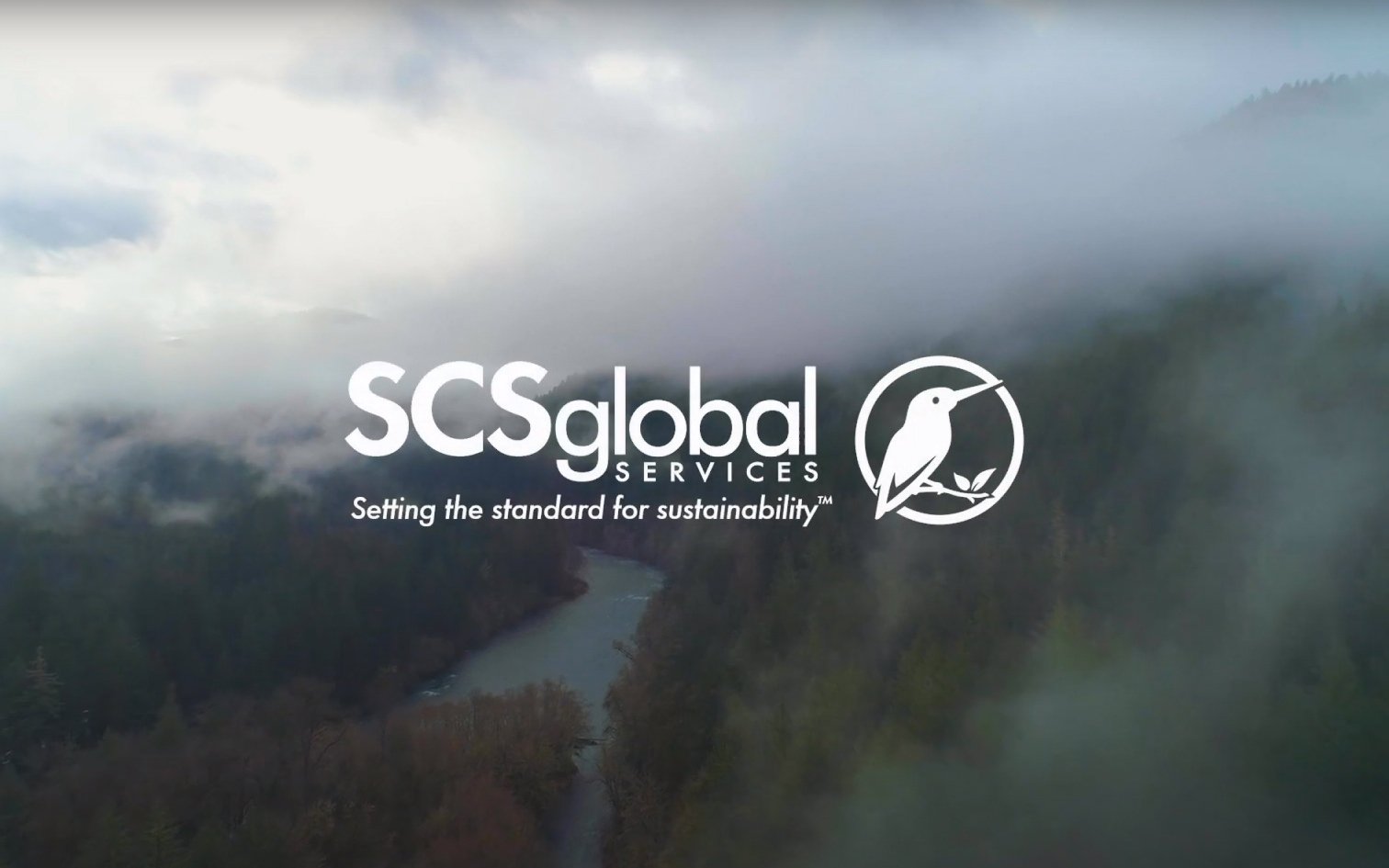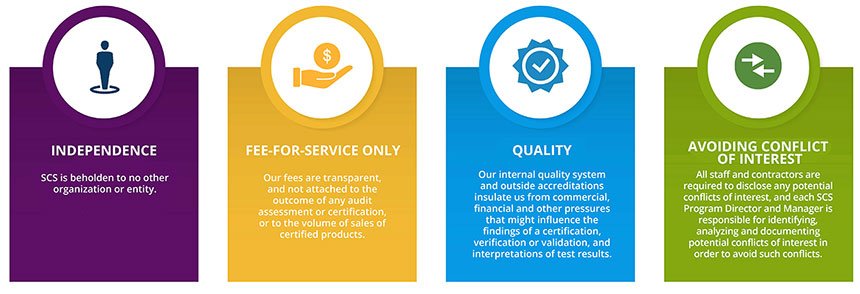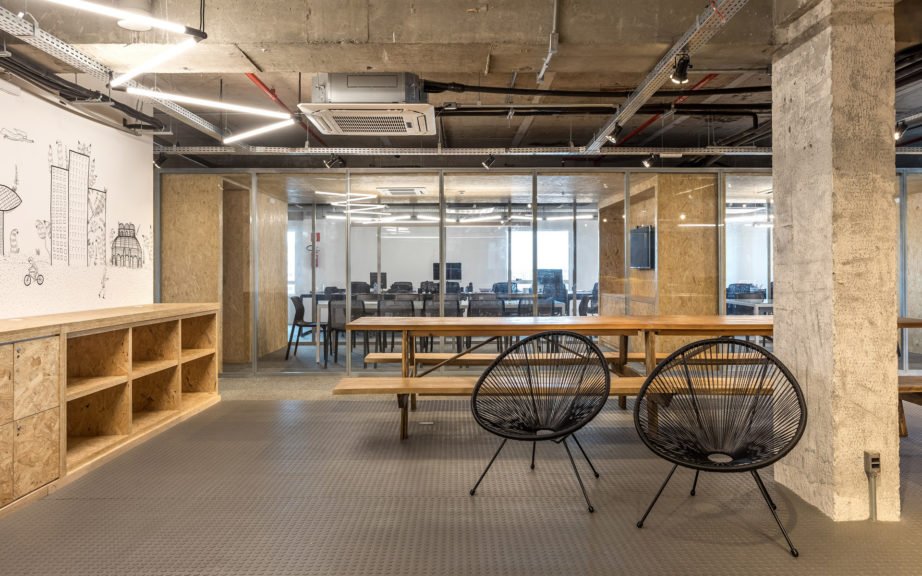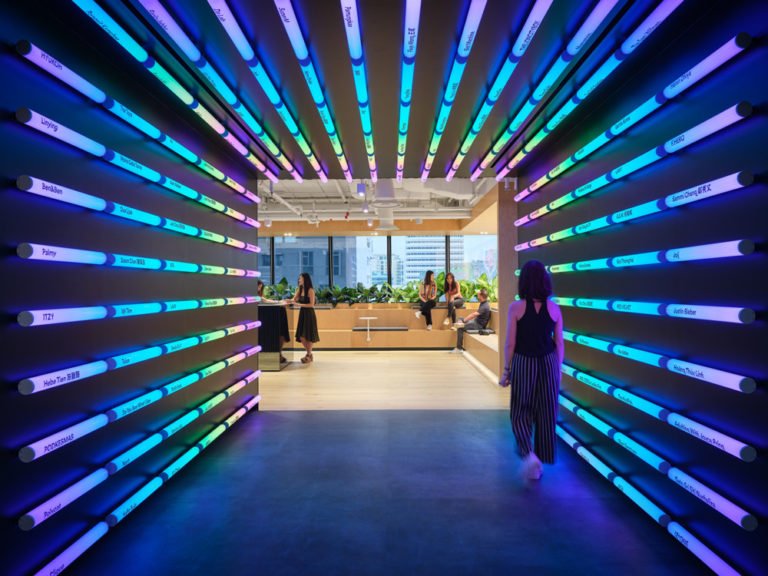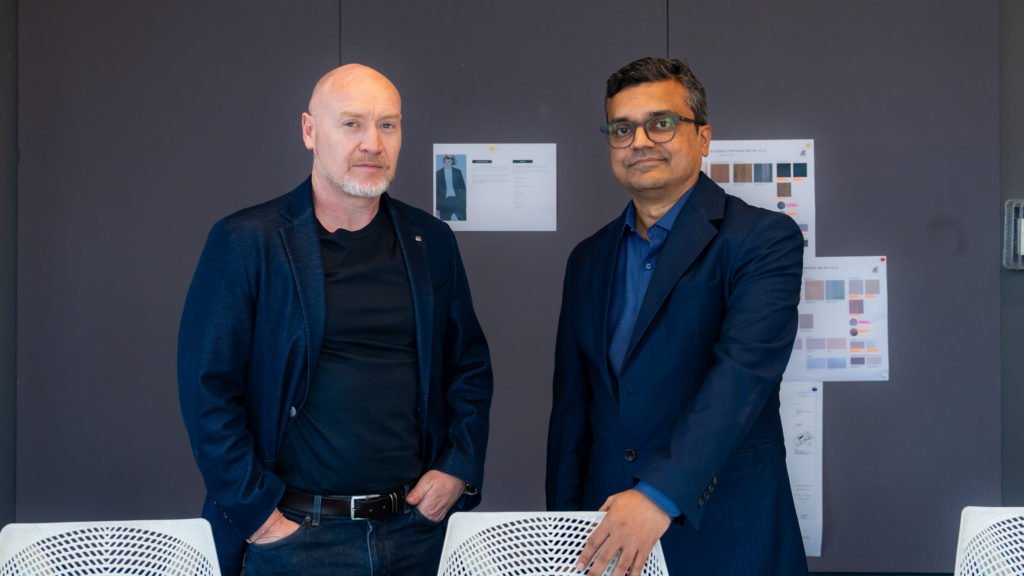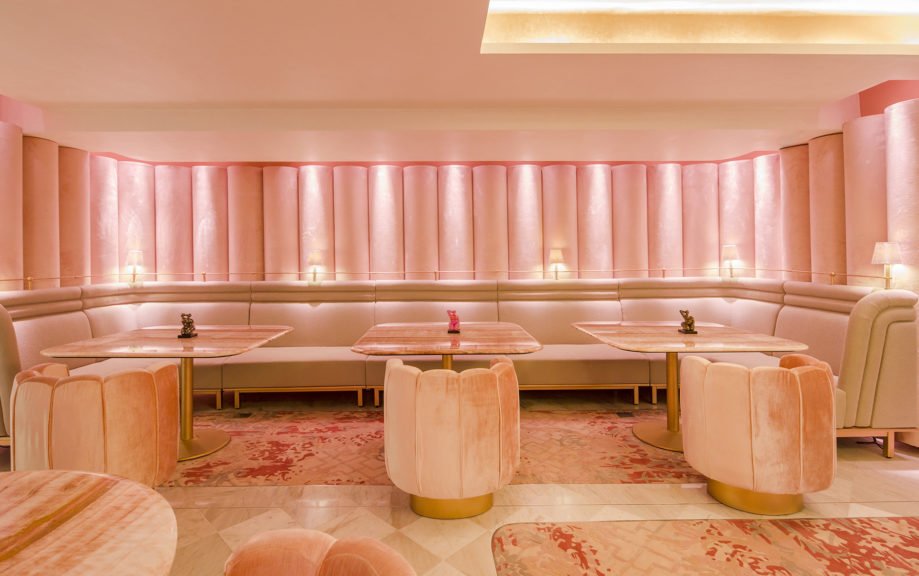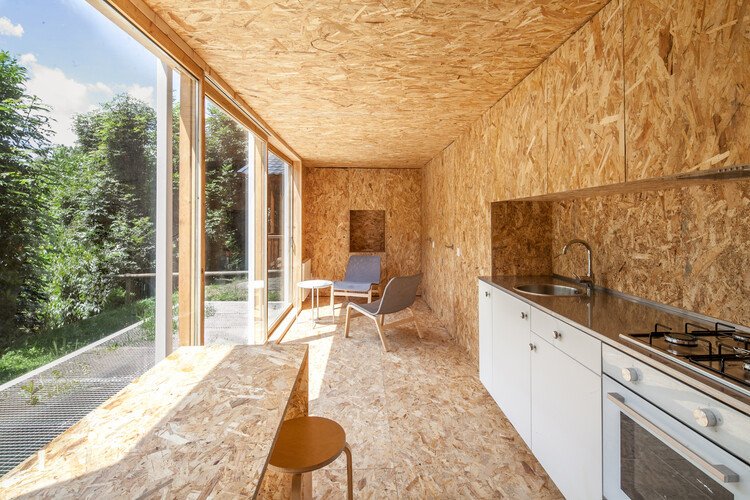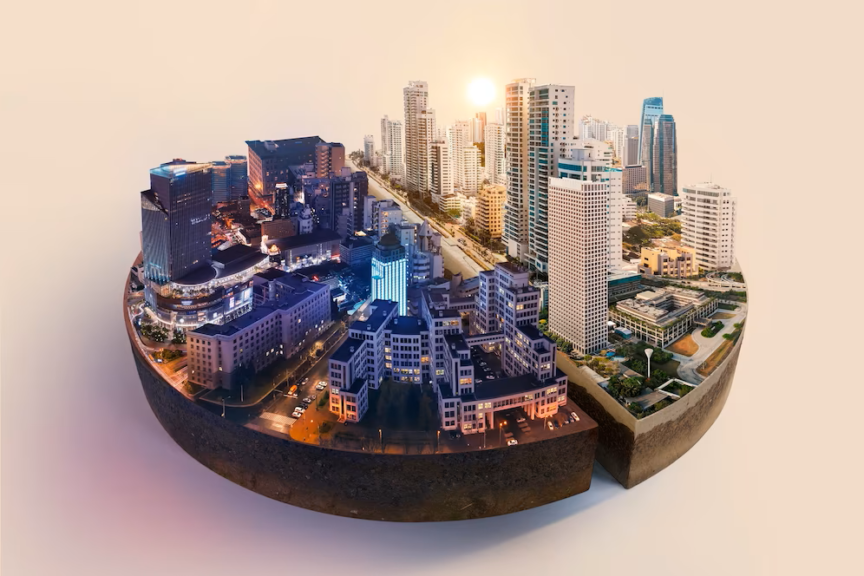Certifications are definitely one way to push the green agenda and fast forward the environmental cause. Love That Design is thrilled and incredibly proud to welcome our very first Certification Associate – SCS Global Services.
In the years since the green building movement took off, the number of building products and furnishings that are meeting world-class standards of environmental and social performance has soared. And the demand has never been higher. The challenge, now as always, remains linking designers and specifiers with the right certified products to satisfy their needs in creating attractive, comfortable and healthy spaces.
Love That Design has been working to meet this challenge, most recently by teaming up with SCS Global Services (SCS), a leading international certification body and standards developer, with the aim of extending their expertise in the green building sector to the LTD community.
“Love That Design’s efforts to showcase certified products and publishing a wide range of knowledge-based content serves to educate, inform and delight design newbies and professionals alike,” says Linda Brown, Co-founder and Senior Vice President at SCS. “Plus, through the use of its collaborative platform, .STUDIO, they help such products get specified first. We’re excited to be part of this new collaboration.”
SCS Global’s partnership with .STUDIO allows designers and the A&D industry at large to select and specify certified products across a variety of green initiatives for their LEED & WELL projects.
A California benefit corporation, SCS is dedicated to advancing true sustainability through the application of rigorous science, in order to ensure a healthy planet and a thriving economy that works for everyone. This mission has led the company to work with clients around the world in the natural resources, built environment, consumer products, food and agriculture, retail, and climate sectors. SCS has been working to identify and independently certify healthy, environmentally and socially responsible products for nearly four decades, long before the green building movement exploded onto the scene. Its clients range from small innovative companies to forward-looking industry giants.
“Love That Design’s efforts to showcase certified products and publish a wide range of knowledge-based content serves to educate, inform and delight design newbies and professionals alike. Plus, through the use of its collaborative platform, .STUDIO, they help such products get specified first. We’re excited to be part of this new collaboration.”
– Linda Brown, Co-founder & Senior Vice President, SCS Global.
One of the company’s prime directives has been to help other companies and consumers separate fact from fiction, confirming legitimate market claims while combating greenwashing.
“In the early days of green marketing, we would see ridiculous claims such as ‘Biodegradable Whenever Possible,’” says Linda. “The Federal Trade Commission and Attorneys General from several states eventually weighed in to put some teeth into the fight against greenwashing, but it persists to this day.” For instance, ‘eco-friendly’ and other ill-defined claims on products continue to clutter that market.
It was in response to increasing confusion around claims in the marketplace, as well as growing recognition of the value of the triple bottom line – what’s good for people and the environment is good for the bottom line, too – that certification standards began to take hold. Some of these standards invited self-declarations of conformance, while others were intended to be confirmed through third-party scrutiny.
“Over the past few decades, architects, designers and product manufacturers have become steadily more enthusiastic in their active embrace of green building certification,” says Nicole Muñoz, Vice President of Environmental Certification Services at SCS. “Independent assessments have taken off because, in addition to the market benefits of third-party recognition, the certification standard criteria and the audit process itself provide much-valued guidance to companies trying to do the right thing.”
Voluntary certification programs essentially fall into four buckets – healthy building, material content attributes, comprehensive sustainability claims, and Environmental Product Declarations (EPDs). These certifications underlie many of the credits awarded under the US Green Building Council’s Leadership in Environmental and Energy Design (LEED v4) and the European-based BREEAM sustainability assessment system, with their focus on material transparency, indoor environmental quality, and use of healthy building materials. They also provide the foundation for private and governmental initiatives, such as Healthy Hospitals and CHPS (California High Performance Schools), the WELL Building Standard, and the Living Product Challenge for Net Positive Material Health Imperative.
“Over the past few decades, architects, designers and product manufacturers have become steadily more enthusiastic in their active embrace of green building certification. Independent assessments have taken off because, in addition to the market benefits of third-party recognition, the certification standard criteria and the audit process itself provide much-valued guidance to companies trying to do the right thing”
– Nicole Muñoz, Vice President of Environmental Certification Services, SCS Global
The various types of Standards and Certifications
Examples of widely recognized standards include SCS’ Indoor Advantage indoor air quality standard for building materials, paints and coatings, furniture and flooring products, the Resilient Floor Covering Institute’s FloorScore® program, Health Product Declarations (HPDs), the International Living Future Institute’s (ILFI) Declare platform and product database, and more.
In addition to health concerns, material content certifications focus on materials that can be obtained and used with the lowest impact on the environment. Such programs cover such attributes as recycled content and biodegradability. Beyond these selected attributes, many standards now address the larger sustainability profile of products and materials, including a full suite of environmental, social and governance (ESG) issues. Among the most popular are certifications under the Forest Stewardship Council® (FSC) program, BIFMA Level®, Green Squared®, and SMETA social audits.
Finally, for greater environmental transparency, specifiers are increasingly turning to Environmental Product Declarations (EPDs), based on life cycle assessment. The analysis considers the full life cycle of building materials and products. SCS was the originator of the EPD concept, which eventually gained recognition through the international ISO process (ISO 14025).
With all of these options, and given market penetration of certifications, architects, designers, building owners and facility managers should now be able to locate the products they need that meet environmental and social standards of excellence.

